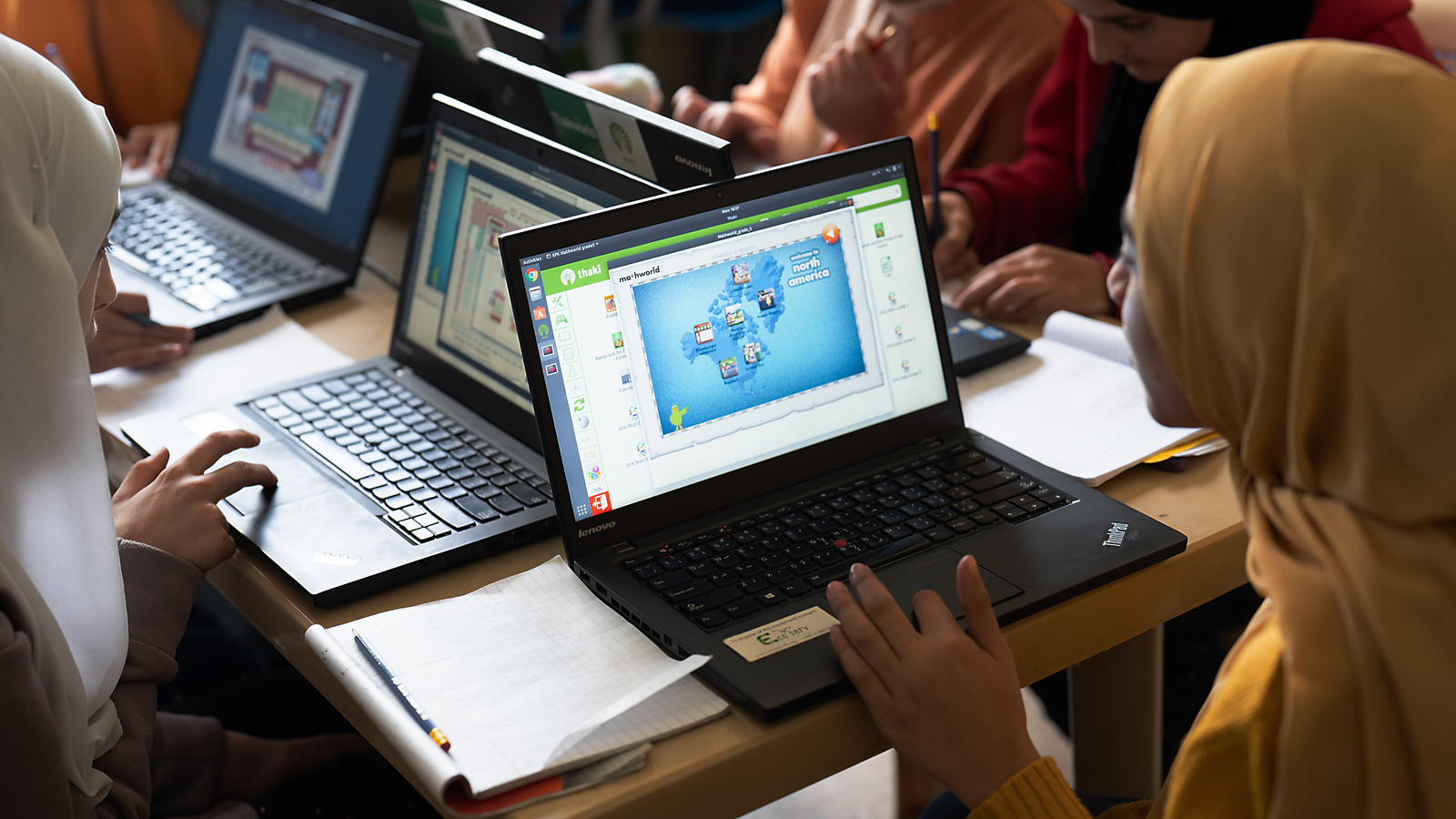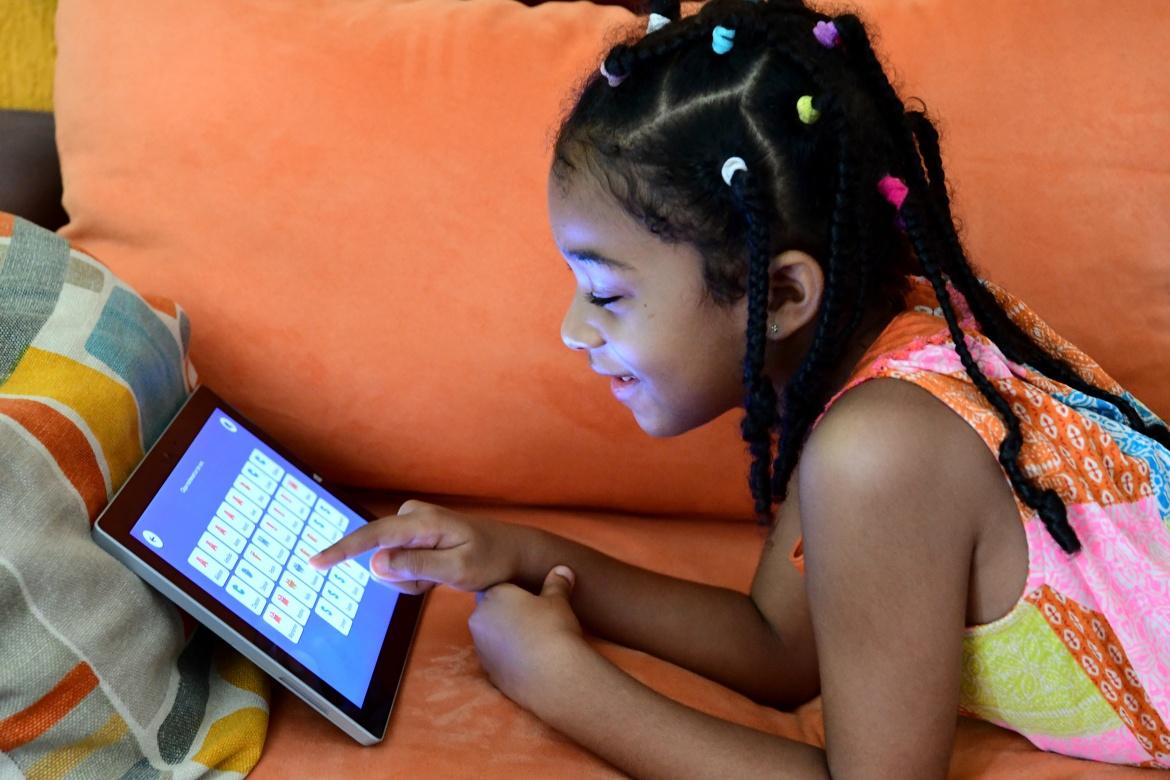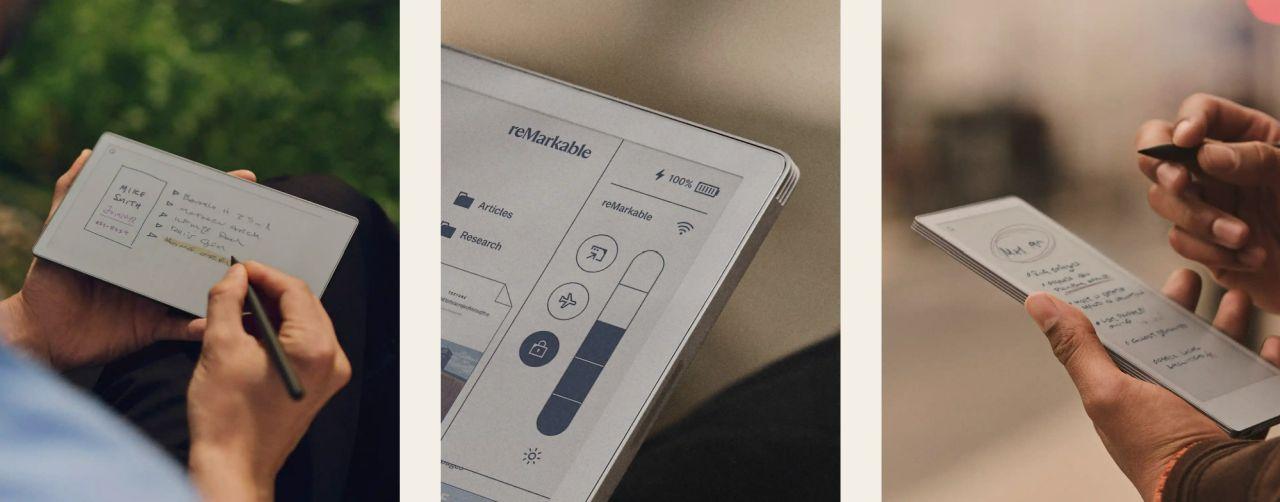
How 3 Cross-Sector Partners Moved $4.6 Million to Scale 10 Tech Startups Working in 14+ Countries
Imagine an app for disadvantaged children that makes accessing tutoring services as easy as streaming Netflix. Or a Flying Lab that trains young people in aerial and marine robotics, thereby developing the next generation of drone pilots. Or a cloud-powered tablet that brings online education to villages without internet access.
These are just a few of the innovative solutions being developed and implemented to prepare youth for the workforce of the future. And for good reason: 21st-century technological advances have created a world where as many of half of today’s jobs are becoming obsolete, and young people worldwide lack preparation for the changing job market.
To meet this kind of future, MIT Solve partnered with the Australian Department of Foreign Affairs and Trade’s (DFAT) innovationXchange and the Atlassian Foundation to launch the Youth, Skills & the Workforce of the Future Challenge. This Challenge sought tech-based solutions to prepare disadvantaged youth with the skills they need for the unknown job market of the future.
To support such innovations, DFAT and Atlassian Foundation committed a generous US $2 million in funding to scale selected solutions, and a year later, they expanded the partnership with an additional $2.6 million in follow-on funding, totaling $4.6 million.
Finding Incredible Innovators
To source a diverse pool of innovative solutions, Solve, DFAT, and Atlassian Foundation held nine Solveathon workshops—intensive one-day ideation workshops rooted in human-centered design thinking to build Challenge awareness and garner solution applications—across the Indo-Pacific region during July 2017. Solveathon workshops took place in a range of cities, including Sydney, Australia; Jakarta, Indonesia; and Ho Chi Minh City, Vietnam.
Nearly 500 innovators from around the world submitted solutions to the Challenge, and the most promising ones were selected as Solver teams. The Digital Superheroes Academy was one example: developed by the Baan Dek Foundation in Thailand, the app teaches critical thinking and positive social development to children in migrant construction camps in southeast Asia.
These skills—ranging from health awareness, such as avoiding mosquito-borne diseases, to social skills such as valuing diversity—are taught as superpowers, and the children are certified as “superheroes” once they complete the course.
Other teams work within communities to create customized learning spaces. One Solver, the Open Learning Exchange (OLE), developed Community Learning Centers in nine different countries including Ghana, Jordan, and Kenya.
Their model draws talented individuals within these communities to mentor disadvantaged youth in career training, with a particular focus on young women whose lives are disrupted by poverty or violence. Course leaders provide books, team activities, and online resources, and personally track students’ progress. OLE’s approach is low-cost and easily applied to communities worldwide.
Save the Children Bangladesh created Kolorob Jobs, an open-sourced app for youth living in Bangladesh slum areas, who wish to transition out of hazardous jobs and into the formal sector. And the Raspberry Pi Foundation is building a translation community to help provide coding resources in many languages.
Scaling Solver and Sponsor Impact Alike
Atlassian Foundation has an ambitious goal to help prepare 10 million disadvantaged youth for the workforce of the future in 10 years. The partnership with DFAT and Solve has “not only taken us to a new level, but also a new level of thinking regarding education systems,” said Melissa Beaumont Lee of the Atlassian Foundation. “We set such a bold goal in recognition that we didn’t want to try to solve the world’s education problems on our own, it’s going to take a team, working in partnership.”
After finding such promising Solver teams, DFAT and Atlassian Foundation announced an additional $2.6 million in financial commitment in 2018, bringing the total challenge funding up to $4.6 million. As DFAT’s Chief Innovation Officer Dr. Sarah Pearson noted, “Great ideas have come up in the first round… It’s great to support the early ideas, but you need to scale them for bigger impact. So we are so excited to be continuing with this partnership.”
Through powerful cross-sector collaboration, the potential for global impact is huge. With the success of this partnership, the door for wider, worldwide collaboration is now open. “Our goal is to work with partners globally,” said Sara Monteabaro, Senior Officer of Solve’s Learning Community. “This Challenge has shown how leaders from government, foundations, and academia can join together to drive sustainable impact. We’d love to get more actors involved.”
Feeling inspired? Read about all Youth, Skills, & the Workforce of the Future Solver solutions here, and learn how you can get involved with Solve.
A WeRobotics Tanzania Flying Labs coordinator launches a flying robot in Zanzibar. (Photo: WeRobotics)
Tags:
- Learning
- Membership
- Sponsorship
- Partnerships
Related articles
-
“Education is the one thing you can take with you.” A Q&A with Rudayna Abdo, Founder and CEO, Thaki

-
A LEAP in evidence-based innovation for education
How to address the need for evidence-based innovation in education by empowering researchers, social entrepreneurs and education organizations to work together.
-
Powered by Purpose: E Ink’s ePaper Technology Takes Aim at the World’s Toughest Problems
Because it draws power only when an image changes—and none at all while static—ePaper reduces energy consumption by orders of magnitude. That single breakthrough unlocks net-zero transit signs, off-grid medical notebooks, and other applications that traditional screens simply can’t power sustainably.